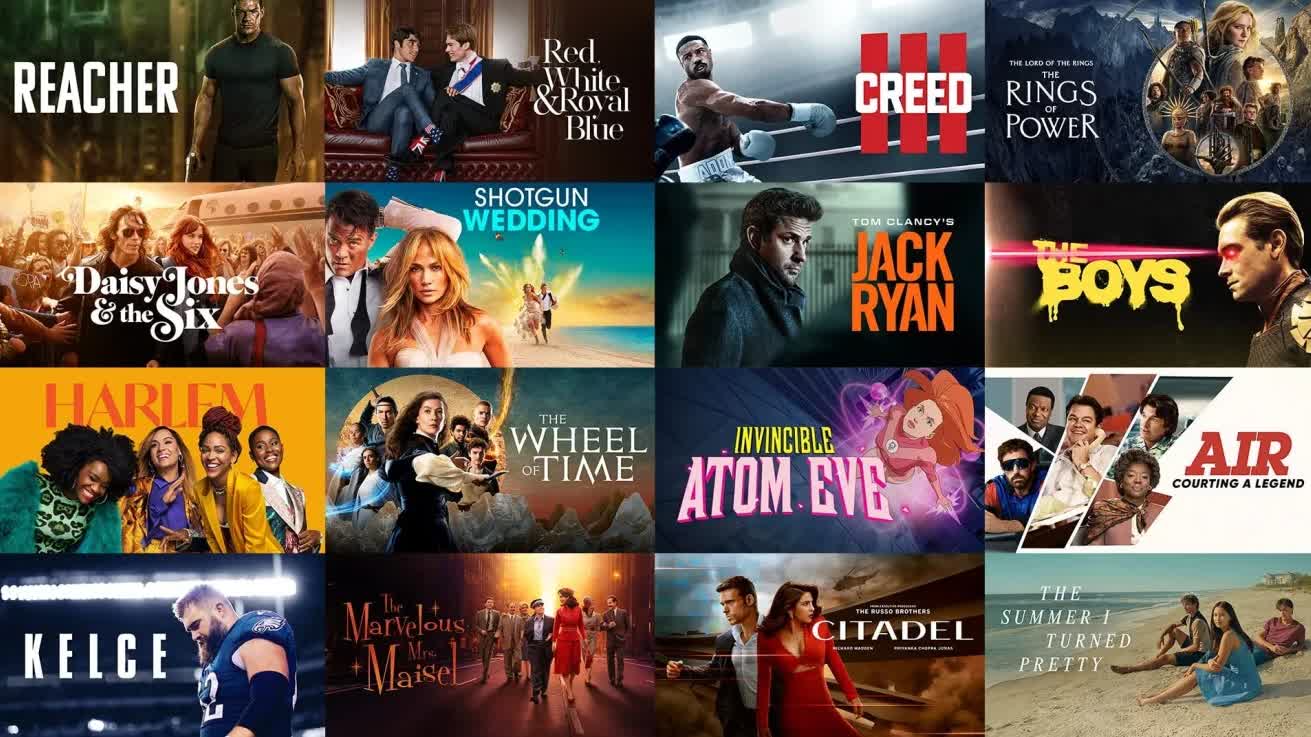A hot potato: It's been confirmed that Amazon Prime Video viewers can mark January 29 in their diaries. But the day won't be a celebration; it's the date that Amazon will start showing commercials within its movies and TV shows unless you pay even more for your subscription.
Back in September, Amazon made the unwelcome announcement that ads would be coming to the video streaming element of its $14.99 per month/$139 per year Prime service. They will also be part of the $9 per month standalone Prime Video membership plan.
As with other streamers, the company will allow customers to go ad-free if they increase their subscription payment, by an additional $2.99 per month.
We now know that the "limited advertisements" will arrive on Prime Video on January 29. In an email to customers, Amazon wrote that the move "will allow us to continue investing in compelling content and keep increasing that investment over a long period of time."
Amazon emphasized that it will have "meaningfully" fewer ads than its streaming competitors. Variety writes that four minutes per hour seems to be the current lowest amount of ad time on a streaming platform.
The first regions to see the ads will be the US, UK, Germany, and Canada. Subscribers in France, Italy, Spain, Mexico, and Australia will see them late next year.
Amazon included a link in its email for those who want to sign up to the ad-free tier for an extra $3 per month. Those who don't want to see ads (and who does?), will start paying just under $18 per month for Prime or just under $12 pm for standalone Prime Video.
Amazon is just the latest streaming service to essentially raise its prices, even if it is through the introduction of an ad tier. Disney Plus, Hulu, Max, Netflix, and Paramount Plus also include ads on their cheapest plans.
In August, a report found that subscribing to all premium streaming services cost $87 per month, $14 more than it was one year earlier ($73), while the average cable TV package cost $83 per month, potentially signaling the end of cheap streaming and cord-cutting. The fact there has been an uptick in piracy since Covid is unlikely to be a coincidence.
